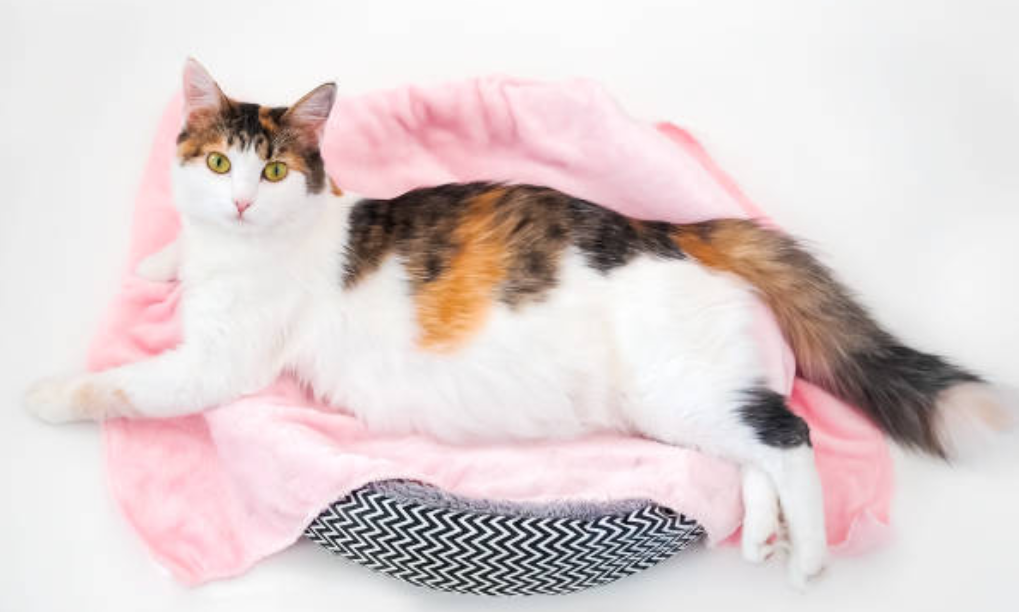Bringing a new life into the world is an exciting time, and if you have a pregnant cat, it’s essential to provide her with the best care possible and your cat litter in pregnancy. One crucial aspect of caring for a pregnant cat is managing her litter box effectively. In this comprehensive guide, we will share ten essential tips to help you ensure a safe and comfortable litter environment for your expecting feline friend.
Understanding Cats’ Behavior during Pregnancy
During pregnancy, cats experience behavioral changes. They may become more affectionate or exhibit nesting instincts. Understanding these changes can help you provide the right environment for your pregnant cat. For example, your cat might start seeking a private and comfortable area to litter.
Selecting the Right Cat Litter for Pregnant Cats
Choosing the right cat litter is crucial during pregnancy. Opt for litters that are safe and non-toxic. Look for options that are free from harmful substances such as chemicals or excessive dust. Natural and unscented litters are often the best choices for pregnant cats.
Setting Up a Safe and Comfortable Litter
10 Essential Tips for Feeding Your Vegan Cat: Best Comprehensive Guide
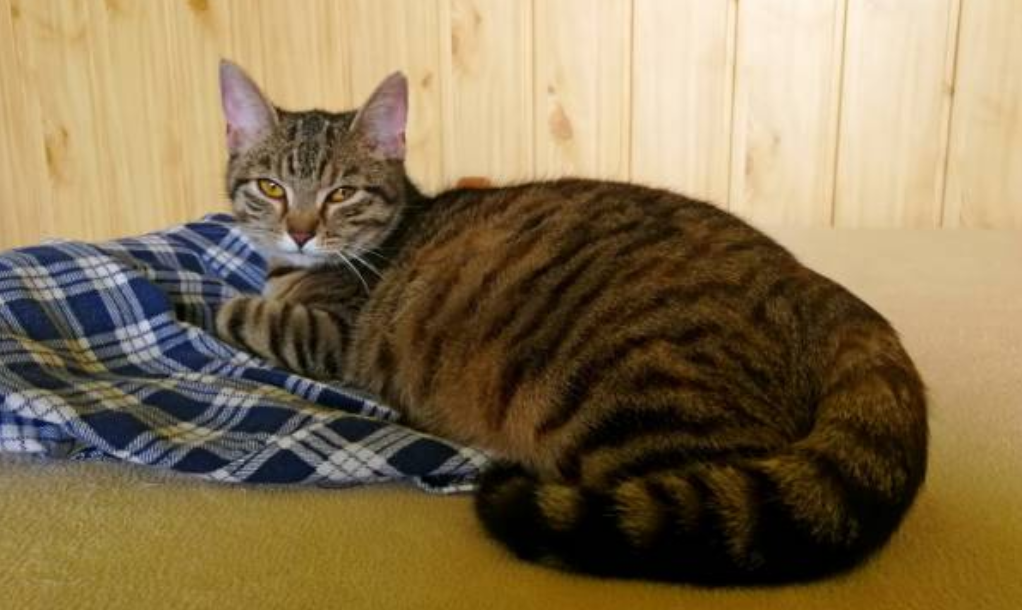
Area Selecting the ideal location for the litter box is essential. Find a quiet and secluded spot where your cat can feel secure and undisturbed. For example, you can designate a corner in a less-trafficked room. Make sure the litter box is easily accessible to your cat.
Providing Privacy and Security
Cats value privacy, especially during pregnancy. Consider using a litter box with a lid or a privacy screen to give your cat a sense of security. This will help her relax and use the litter box more comfortably.
Creating a Clean and Hygienic Environment
5 Common Reasons Why Your Cat Throwing Up Food: Best Complete Guide
Maintaining cleanliness is vital for your cat’s health and well-being. Scoop the litter box daily to remove waste promptly. Regularly replace the litter to prevent odor buildup and keep the area hygienic. A clean litter box reduces the risk of infections for your pregnant cat.
Monitoring Your Pregnant Cat’s Litter Habits
Observe your cat’s litter box usage during pregnancy. Note any changes in her behavior, frequency of urination or defecation, and signs of discomfort. If you notice any abnormal litter behaviors or if your cat avoids using the litter box altogether, consult your veterinarian for guidance.
Real-Life Example:
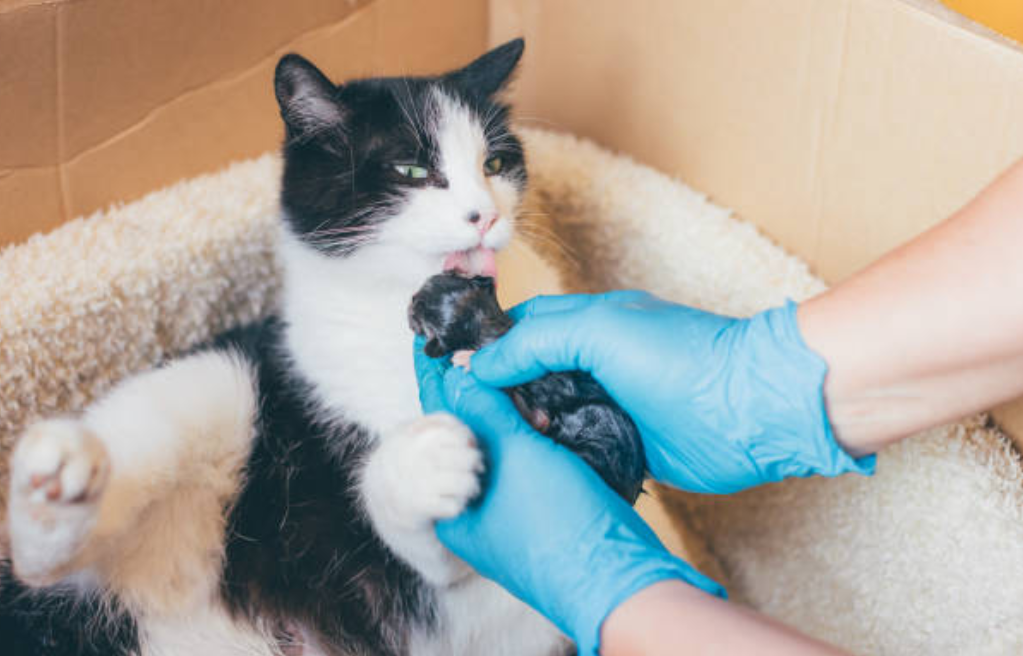
Sarah’s Experience with Managing Cats’ Litter during Pregnancy Sarah, a cat owner, faced the challenge of managing her pregnant cat’s litter box. She noticed that her cat became more particular about the cleanliness of the litter box during pregnancy. Sarah implemented a daily scooping routine and switched to a natural, low-dust litter. These changes helped ensure a comfortable litter environment for her expecting cat.
Preparing for the Arrival of Kittens
As the due date approaches, make necessary preparations for the arrival of kittens. Transition to a post-pregnancy litter setup by providing a larger litter box or multiple litter boxes for the expanding feline family. Introduce the kittens to the litter box early on to facilitate a smooth litter training process.
Importance of Proper Litter Management for Pregnant Cats
7 Fascinating Facts About Cats and Chocolate: Unveiling the Sweet Surprises
Managing cats’ litter during pregnancy is crucial for their health and the well-being of developing kittens. A clean and comfortable litter environment reduces stress and minimizes the risk of infections. By following these essential tips, you can provide the best care for your pregnant cat.
Frequently Asked Questions About Cat Litter In Pregnancy
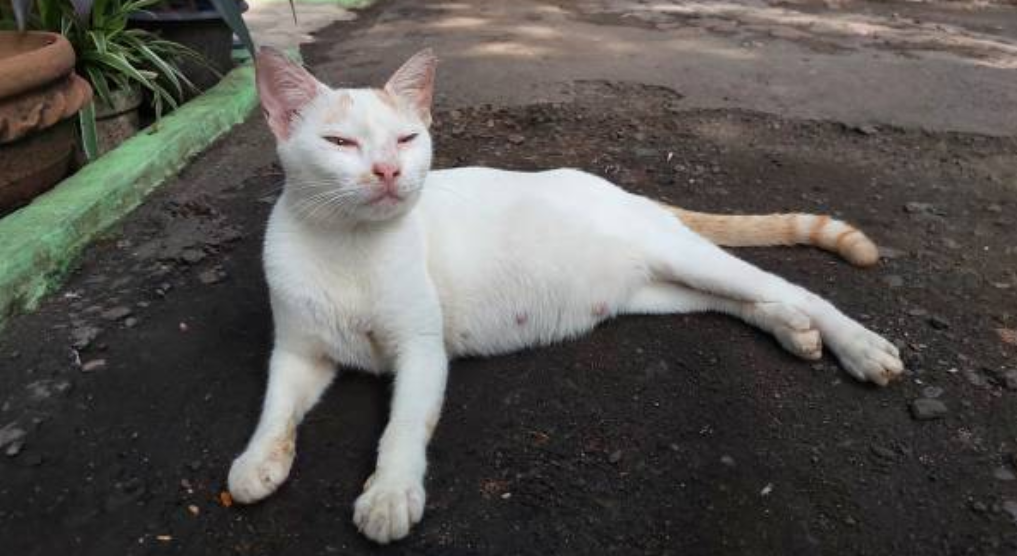
Q: What type of litter is safe for pregnant cats?
A: When it comes to litter for pregnant cats, it’s best to choose safe and non-toxic options. Natural litters, such as those made from materials like corn, wheat, or recycled paper, are often a good choice. These litters are free from harmful chemicals and dust, reducing the risk of respiratory issues for both the mother and her kittens. Unscented litters are preferable as well, as strong fragrances may bother a pregnant cat’s sensitive sense of smell. Remember to avoid litters with clay clumping agents, as ingesting clay during grooming can be harmful to pregnant cats.
Q: How often should I clean the litter box for my pregnant cat?
A: Cleaning the litter box regularly is essential for maintaining a hygienic environment for your pregnant cat. It is recommended to scoop the litter box at least once a day, removing any waste or clumps. This helps prevent odor buildup and keeps the litter area clean and inviting for your cat. Additionally, it’s a good idea to completely replace the litter every one to two weeks to ensure freshness and minimize the risk of bacterial growth. Keeping the litter box clean promotes a healthy and comfortable space for your pregnant cat during this crucial time.
Q: Can I use scented litter for my pregnant cat?
A: It is generally recommended to avoid scented litter for pregnant cats. Pregnant cats often have heightened senses, including a sensitive sense of smell. Strong fragrances from scented litters may be overwhelming and unpleasant for them. It’s best to opt for unscented litter to minimize any potential discomfort or aversion. Providing a litter box with a neutral odor will create a more comfortable environment for your pregnant cat, encouraging her to use the litter box consistently.
Q: Should I change the litter type during my cat’s pregnancy?
A: It is generally advisable to avoid sudden changes in litter type during your cat’s pregnancy. Cats can be sensitive to changes in their litter, and introducing a new type of litter may cause stress or confusion. If your current litter is safe and suitable for pregnant cats, it’s best to stick with it throughout the pregnancy. However, if you feel the need to switch litters due to safety concerns or other reasons, it’s recommended to make the transition gradually by mixing small amounts of the new litter with the old one for several days.
Q: What if my pregnant cat stops using the litter box?
A: If your pregnant cat suddenly stops using the litter box, it is essential to investigate the underlying cause. There could be various reasons for this behavior change, including discomfort, stress, or a potential health issue. Start by ensuring the litter box is clean, easily accessible, and located in a quiet area. If the problem persists, consult with your veterinarian to rule out any medical conditions and receive proper guidance. They can help identify the cause and provide advice on how to encourage your cat to use the litter box again.
Conclusion Of Cat Litter In Pregnancy
10 Essential Tips for Caring for Your Cat Rag Doll: The Ultimate Guide
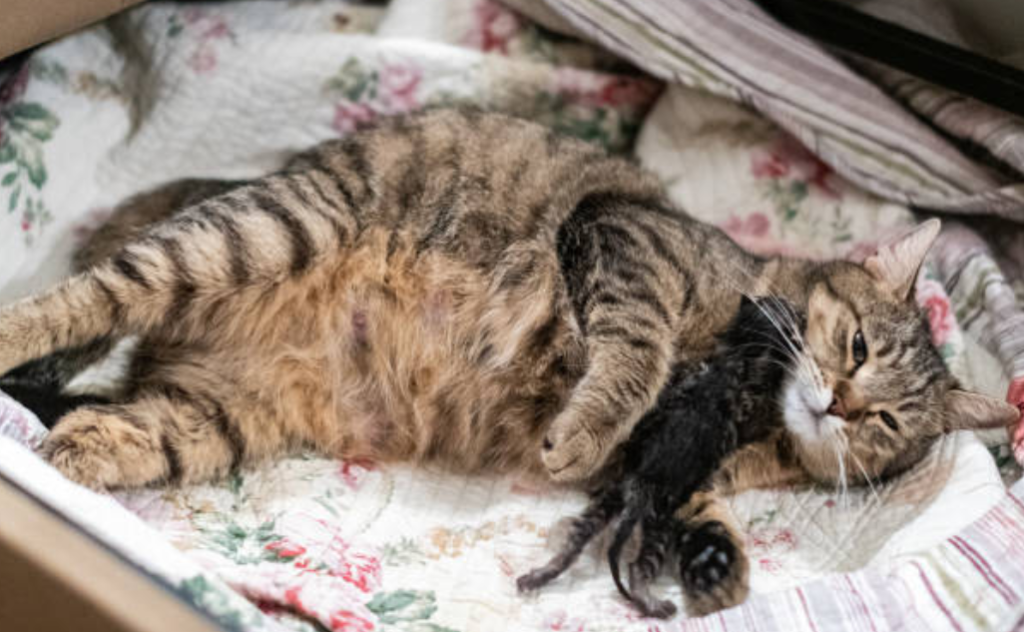
Proper management of cats’ litter during pregnancy is essential for ensuring a safe and comfortable environment for your feline companion. By understanding their behavior, selecting the right litter, creating a clean space, and monitoring their habits, you can support your pregnant cat’s well-being. Remember, providing the best care for your cat during pregnancy sets the stage for healthy and happy kittens. Cat litter in pregnancy, most relevant content around the net www.nhs.uk, kidshealth.org, www.marchofdimes.org
We value your input and would love to hear from you! If you have any thoughts, questions, or personal experiences related to managing cats’ litter during pregnancy, we encourage you to share them in the comments section below. Your insights may provide additional perspectives and helpful tips for our community of cat lovers. Whether you have a success story, a unique approach, or simply want to join the conversation, your comments are highly appreciated. Let’s connect and support each other in providing the best care for our pregnant feline friends. We look forward to reading your comments!
